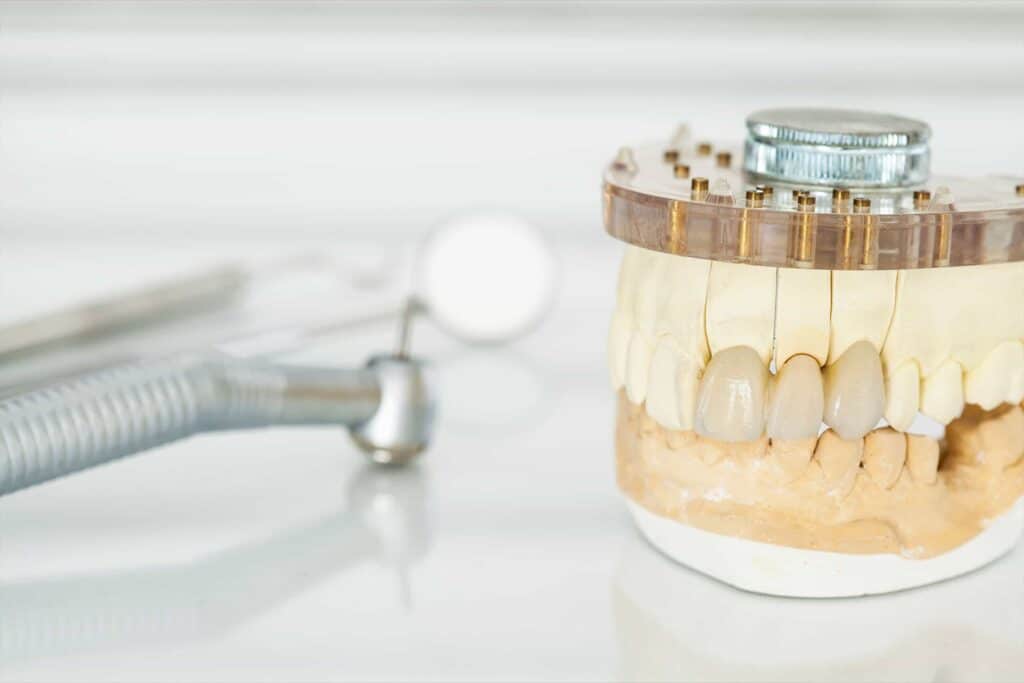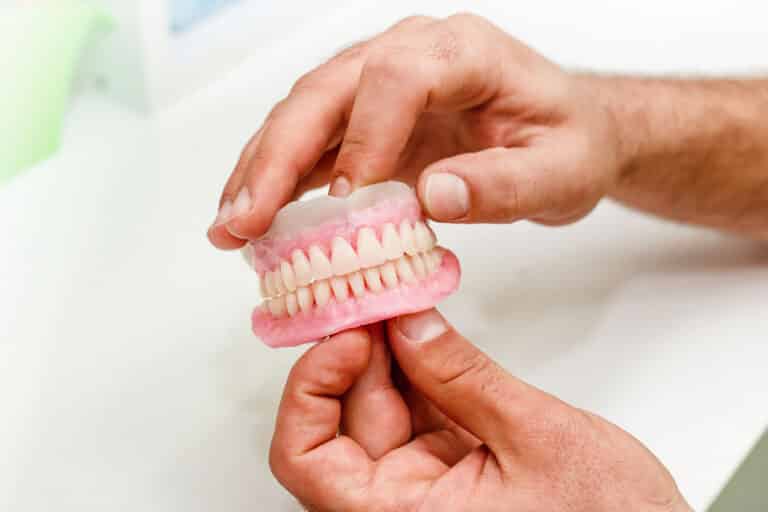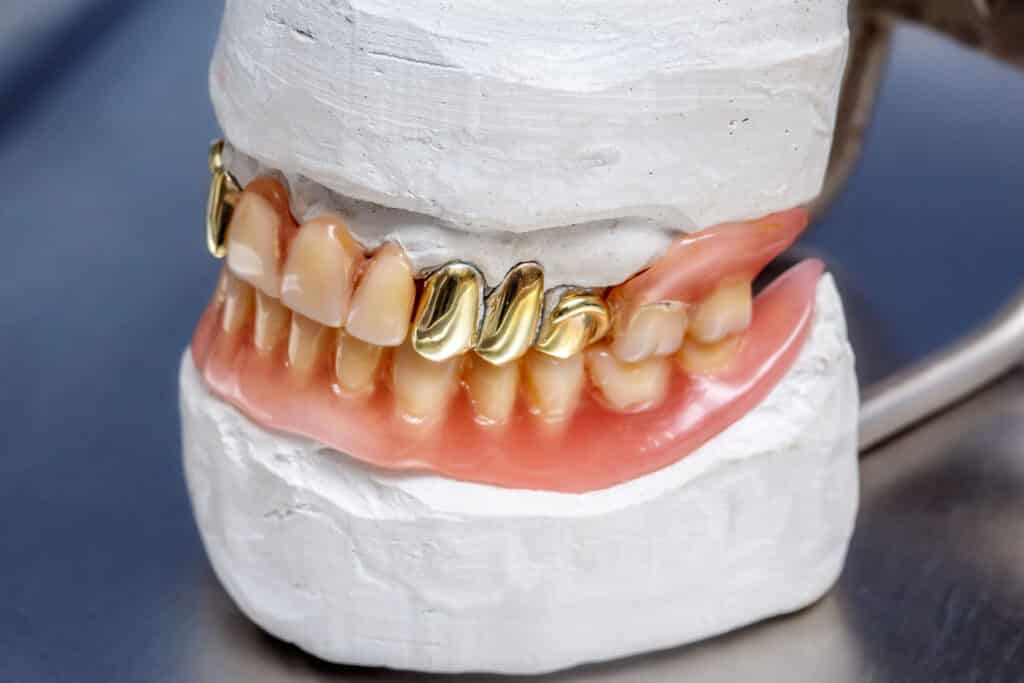Please consult your doctor before taking any medications. It is important that you follow your doctor’s instructions regarding your medications. If these instructions differ from your doctor’s instructions, follow your doctor’s instructions instead of these.
Regular Prescriptions
If you take regular prescription medications, please take them as prescribed. If you were instructed to stop a medication prior to your dental appointment, for example – a blood thinner, resume taking the medication as instructed.
It is important that you continue to take prescribed medications regularly.
Pain Medication
Take any prescribed pain medication as instructed. It is important to tell your doctor if you are taking any recreational drugs as they may interact with some pain medication. When taking opioid pain medications, it’s important to avoid driving, most forms of work, and handling responsibilities.
If no pain medication was prescribed, and you are able to, take acetaminophen (Tylenol) and/or ibuprofen. Take 400mg to 600mg of ibuprofen and/or 500mg of acetaminophen every 4–6 hours with food for a few days. Do not exceed four doses of either of these medications in a single day. For clarity, do not take more than 1,600mg to 2,400mg of ibuprofen or 2,000mg of acetaminophen in a single day.
Studies have shown that taking both ibuprofen and acetaminophen at the same time can increased pain relief. If you have any concerns about taking both simultaneously, you may alternate taking ibuprofen and Tylenol every 4 hours.
If you develop a rash, itching or other unusual reactions, stop taking the medication and notify your dental office. If you have excessive, uncontrolled pain contact your doctor immediately.
Miscellaneous Prescriptions
You may have been prescribed other medications such as steroids or anti-nausea medication. Take any other prescriptions as instructed. If you were given antibiotics, be sure to take the entire course even if you are feeling better.
As always, if you have any questions, contact your doctor’s office.





